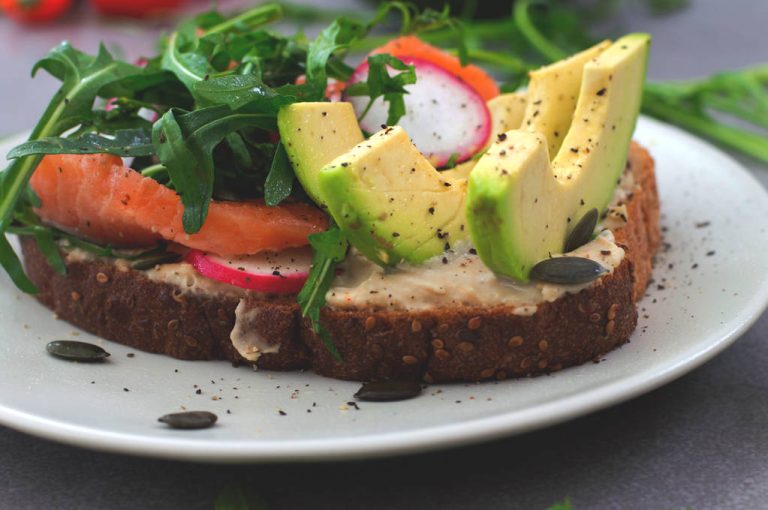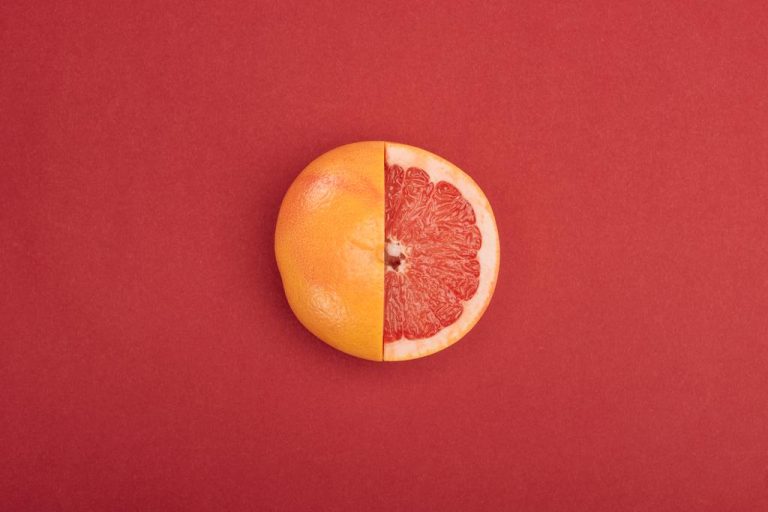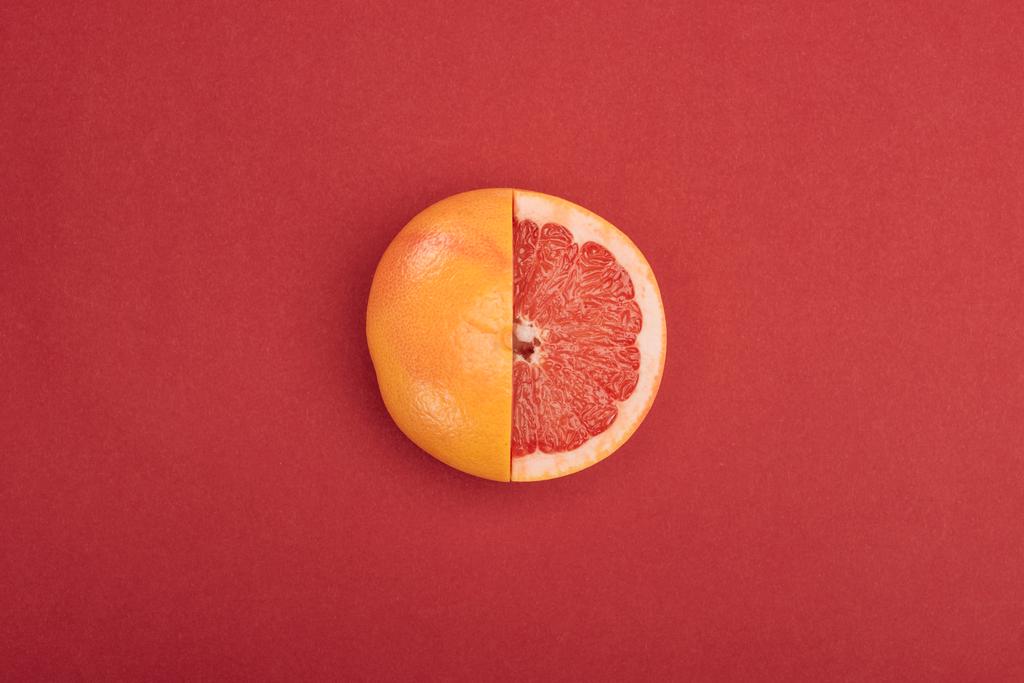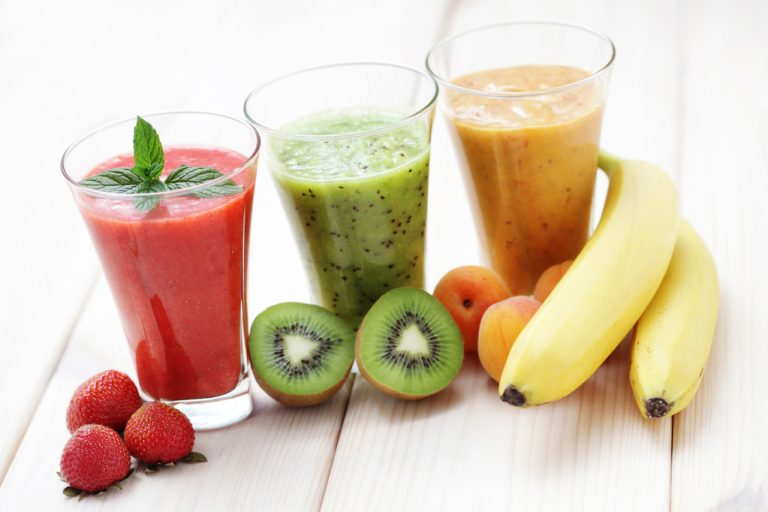Natural home remedies for high liver values help you to lower liver values and alleviate physical symptoms. With an explanation of the causes and tips on nutrition in the event of elevated liver values.
If the doctor has broken the bad news of the high liver values, then you should act. Every day we absorb many toxins unnoticed and our liver is often overwhelmed. The liver can regenerate itself if liver disease is not already present. We’ll show you how to lower your liver values.
Causes of elevated liver values
High liver values are usually associated with excessive alcohol consumption, but there are various causes that lead to elevated liver values. The liver cleans the blood of toxins and plays an important role in fat, protein, and glucose metabolism. Therefore, other drugs, medicines, and a poor diet are also possible causes of elevated liver values. Also, note tips from the general practitioner.

A narrowing of the bile ducts, stress, and infections with parasites, viruses, or bacteria can also be the reason for the increased liver values. Elevated liver values can indicate various diseases, overload, or damage to the liver. Damage to the liver can be caused, for example, by alcohol or drug abuse, liver inflammation, or liver cancer. Also, note our home remedies for menopausal symptoms.
High liver values what to do?
Now it’s time to support the liver in its regeneration and even more so if there is also liver disease. There are numerous beneficial plants that can help you detoxify your liver and help it regenerate so you can lower your liver values.
In order to protect the liver and help it regenerate, you should first give up various habits. Even if your increased liver values are not due to increased alcohol or drug consumption, you should refrain from it. As far as possible, you should also avoid taking too many medications, such as painkillers. Proper nutrition is also very helpful to support the liver. How do you understand your blood count?
1) Lower liver values with proper nutrition
Diet is particularly important when liver values are elevated. An unbalanced and fatty diet is a common reason for elevated liver values. There is no one right diet plan to lower liver values. But it is important to pay attention to a few things. For example, you should drink plenty of calorie-free liquids, such as water or tea, and eat enough fresh vegetables and fruit every day.
You should avoid oils, fats, and sweets as much as possible. Try to consume as little oil as possible and prefer to use virgin olive oil or sesame oil if you do want to eat some. If you are overweight, then you should get rid of it and try to lose weight. Also, note the tips for healthy weight loss.
2) Lower liver values with milk thistles
In countries around the Mediterranean, milk thistle grows like a weed. But milk thistles are by no means weeds because they are one of the medicinal plants with the best liver-protecting properties. It contains the so-called active ingredient silymarin, which scavenges free radicals and thus prevents the destruction of the cell walls of the liver.
Silymarin also promotes the regeneration of liver tissue without causing additional damage to the organs, as drugs do. You can buy milk thistle fruit in some tea shops or online and make an infusion of 1 teaspoon of the fruit with ¼ liter of boiling water and drink it twice a day. Also, take a look at our tips for making tea with temperature and brewing time.
3) Reduce liver values with dandelion
Dandelion is a remedy for all sorts of conditions. It can also help you lower your liver values. However, anyone who suffers from a narrowing of the bile ducts or intestinal obstruction should refrain from doing so, as this could lead to aggravation. To detoxify your liver, you can do a dandelion tea cure by pouring boiling water over some dandelion leaves, stems, and/or roots and letting them steep for about 10 minutes. Alternatively, you can also harvest the fresh stalks and chew them pure or prepare them as a salad, for example.
4) The common chicory and seed oats help

Chicory was valued as a medicine as early as the Middle Ages and was recommended by Paracelsus as a diaphoretic. It helps with liver diseases and stimulates healing of the liver, bile, and spleen. It also reduces stress hormones, which are also considered the main cause of liver problems. Chicory sprouts can be prepared in a salad and the roots and buds can be eaten as a vegetable.
If you take a full bath, you can pour three liters of hot water over one kilogram of normal seed oats, let it steep for 15 minutes and then strain it. You can then add this brew to the bathwater. Here you will find the best medicinal plants as home remedies for housewives.
5) Artichokes against elevated liver values
Artichokes help to reduce high blood fat levels because they detoxify the liver and stimulate bile. So if you eat a lot of artichokes, you can benefit from these positive properties. You can also drink them as tea. If you don’t like artichokes, you can have a tablespoon of artichoke juice three times a day after meals. By the way, artichoke is also a good household remedy and food for colon cleansing.

















